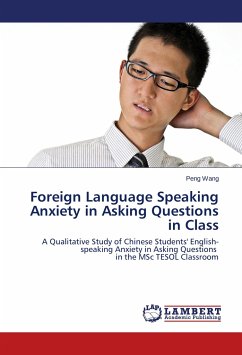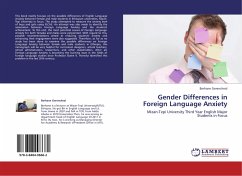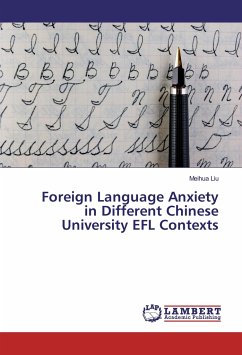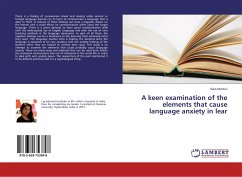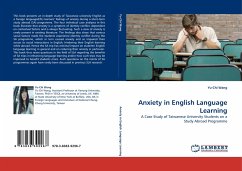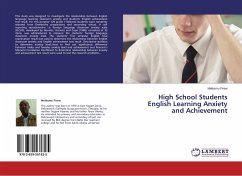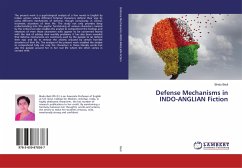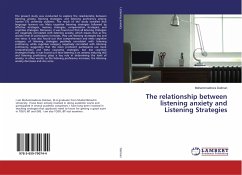This book presents a study exploring the nature of English-speaking anxiety in asking questions in class from the perspective of seven Chinese learners of English (ESL), with reference to their self-reflective accounts of emotional difficulties encountered in a UK university setting. Through the use of an in-depth semi-structured qualitative interview format, this study identified the effects, sources, and coping strategies pertaining to these learners' English-speaking anxiety in asking questions in class. The findings show this type of anxiety exerts compound effects on respondents with respect to their mind, body and actual speaking performance. The findings also demonstrate a series of factors contributing to this anxiety reported by respondents, such as teachers' feedback to students' questions and learner beliefs about English language learning. Furthermore, effective strategies for coping with this anxiety reported by respondents are also presented, such as preparation andself-encouragement. Based upon the comprehensive findings and thorough discussion, detailed and practical recommendations are finally indicated.
Bitte wählen Sie Ihr Anliegen aus.
Rechnungen
Retourenschein anfordern
Bestellstatus
Storno

